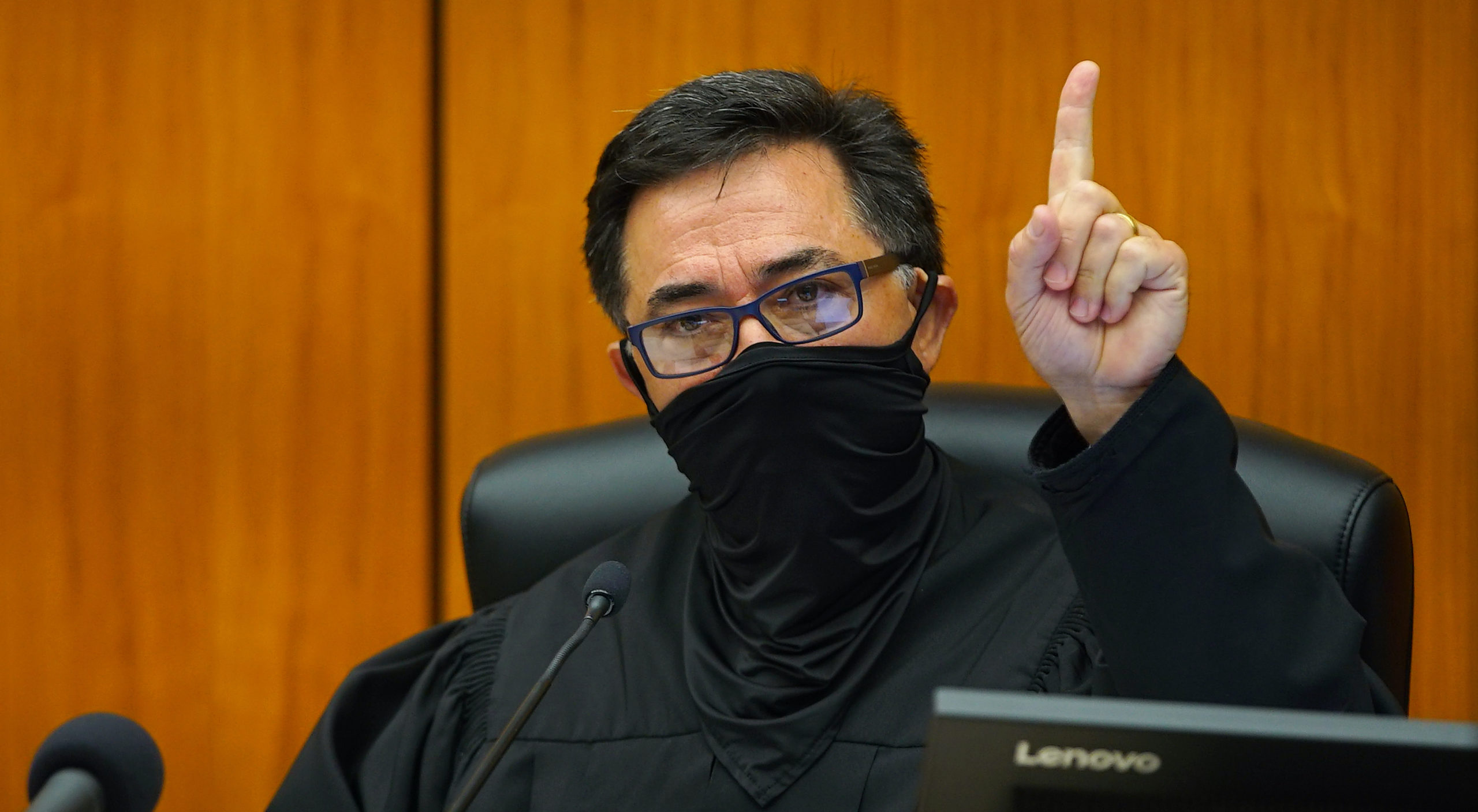Refusing to take a vaccine in America comes at a heavy price. In the land of the free, you can lose access to international travel, your job, your place at university, and now, even your child.
This week, a Chicago judge ruled that the mother of an 11-year-old could no longer see her son because she was not vaccinated against Covid-19.
According to mother Rebecca Firlit, her vaccination status was not raised as an issue by her ex-husband in their child support hearing, but the judge decided that she posed a big enough health risk to her son that no physical contact would be granted. Until yesterday (when the decision was reversed), Firlit was only allowed to talk to her son on the phone. “I talk to him every day,” Firlit said, “He cries, he misses me. I send him care packages.”
Notably, Firlit was advised not to take the vaccine by her doctor. “I’ve had adverse reactions to vaccines in the past and was advised not to get vaccinated by my doctor,” Firlit said. “It poses a risk”.
This case takes place against a backdrop of vaccines increasingly being utilised — and weaponised — in the US criminal justice system. In this instance, Firlit was punished by a judge for having not taken the vaccine, but in others, vaccines have been deployed as a way to incentivise or coerce individuals in plea deals. This marks a new juncture in the intersection between public health and the criminal justice system.
At one end of the spectrum, the approach is relatively benign. In Georgia, for example, where vaccination rates are as low as 37%, judges have been cutting community sentences by half if defendants get a Covid vaccine. These are low-level offences that do not involve prison time, so the safety risk to the community is low.
Elsewhere, however, judges have been inserting vaccines into more serious sentences. Earlier this month, at least two judges in Ohio made receiving Covid-19 vaccinations a condition of probation. In one case, a man who pleaded guilty to drugs and firearms offences was given up to 30 days to get vaccinated or face prison for up to 36 months. Meanwhile in New York, two defendants were ordered (in separate trials) to get vaccinated as part of a plea deal. According to the NYT, one judge argued that:
In the other case, the judge stated that the defendant — accused of drug possession, criminal trespass, shoplifting and criminal contempt — put his own interests above others’. In getting the vaccine, he would be doing the opposite, and so vaccination would amount to a form of ‘rehabilitation’.
This may seem like neat logic, depending on the effect on transmission of new Covid variants (still being researched). But we can be highly confident that the Covid vaccine has no effect whatsoever on a person’s proclivity towards criminality: will communities feel happy about a criminal returning home early just because they are vaccinated? It’s a pandora’s box, that would better be left closed.











Join the discussion
Join like minded readers that support our journalism by becoming a paid subscriber
To join the discussion in the comments, become a paid subscriber.
Join like minded readers that support our journalism, read unlimited articles and enjoy other subscriber-only benefits.
Subscribe